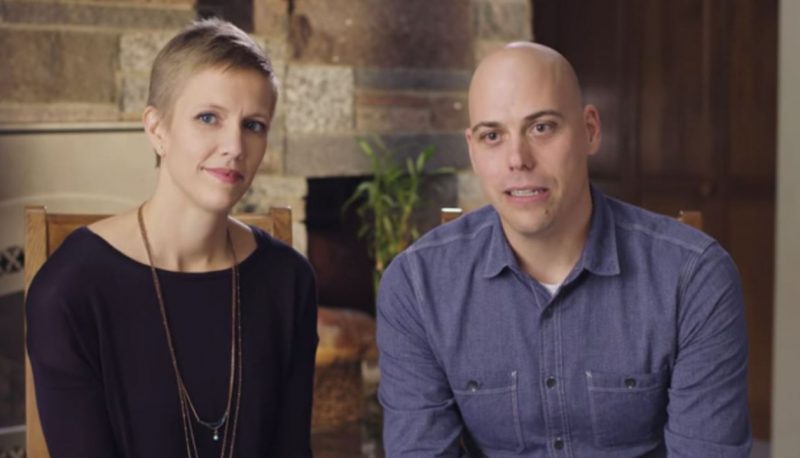On March 13, People For the American Way Foundation joined with organizational allies to file a friend-of-the-court brief with the U.S. Court of Appeals for the Eighth Circuit in yet another case where the far-right group Alliance Defending Freedom is pursuing a legal right to discriminate. (ADF is also counsel for the plaintiffs in the Masterpiece Cakeshop case currently awaiting a decision from the Supreme Court.) Here, ADF is acting on behalf of two Minnesota videographers who want to post what amounts to a “straight couples only” sign on their website. As we note in our brief, their arguments not only open the door to anti-LGBTQ discrimination, but could also apply to many other marginalized communities, thus broadly undermining civil rights. Our brief’s introduction follows below. Click here to download a PDF copy of the full brief.
Like many jurisdictions, Minnesota has enacted laws to ensure that its citizens will not endure “the deprivation of personal dignity that surely accompanies denials of equal access to public establishments” (Heart of Atlanta Motel v. United States, 379 U.S. 241, 250 (1964)). The State has recognized that, as with discrimination based on race, national origin, or religion, withholding goods and services from customers based on sexual orientation “threatens the rights and privileges of the inhabitants of [Minnesota] and menaces the institutions and foundations of democracy.” MINN. STAT. § 363A.02(1).
Telescope maintains that the First Amendment licenses it to disregard these laws. The for-hire videography company and its owners insist that they have free-speech rights to refuse to sell wedding videos to same-sex couples on the same terms as they would for opposite-sex couples because doing so would “promote and celebrate . . . marriage[s] that contradict[] their religious beliefs.” Br. 26. The wedding-day celebration belongs to the marrying couple. Hence, if a wedding video communicates any message, that too, belongs to the couple—not to the caterer, the florist, or the videographer. In all events, the Minnesota Human Rights Act regulates only commercial conduct, requiring businesses to serve customers on nondiscriminatory terms. It does not compel them to speak.
Nor does the Act impede Telescope’s rights of expressive association. Because Telescope is not speaking for First Amendment purposes, it also does not “express” anything; and its customers do not “associate” with it and each other to further a shared message. Telescope thus has no colorable expressive-association claim.
The Free Exercise Clause likewise confers no right to violate the Minnesota Human Rights Act, for the Clause has never been interpreted to authorize religious exemptions from generally applicable laws when the exemptions would harm third parties. Indeed, the Establishment Clause strictly prohibits such exemptions.
If Telescope’s arguments were sufficient to override antidiscrimination laws, all businesses open to the public would have the right to discriminate. Lesbians, gay men, bisexuals, and their children would not know which businesses will or won’t serve them. But they would know that the law does not protect their rights to equal access to places of public accommodation. And Telescope’s arguments would apply in just the same way to all classes protected by antidiscrimination laws. Businesses could refuse service based not just on sexual orientation but also on race, national origin, gender, or religion. That result would undermine religious freedom and the entire civil rights legal regime.
The Constitution does not license discrimination, and Minnesota wisely forbids it. The district court’s decision should be affirmed.
